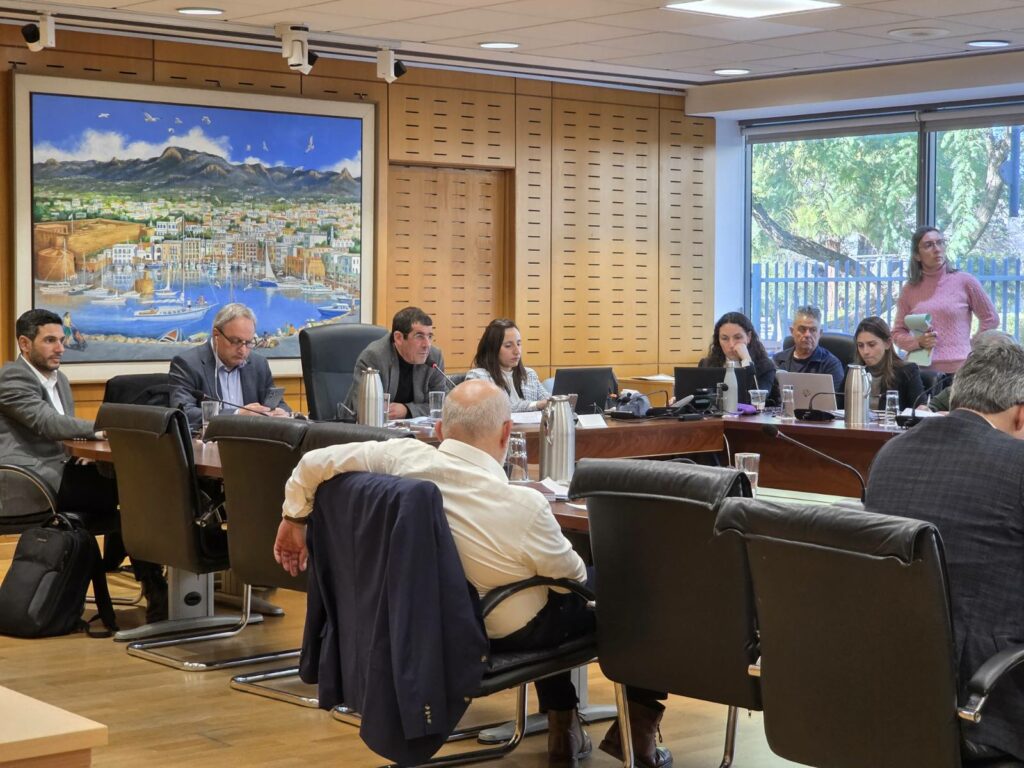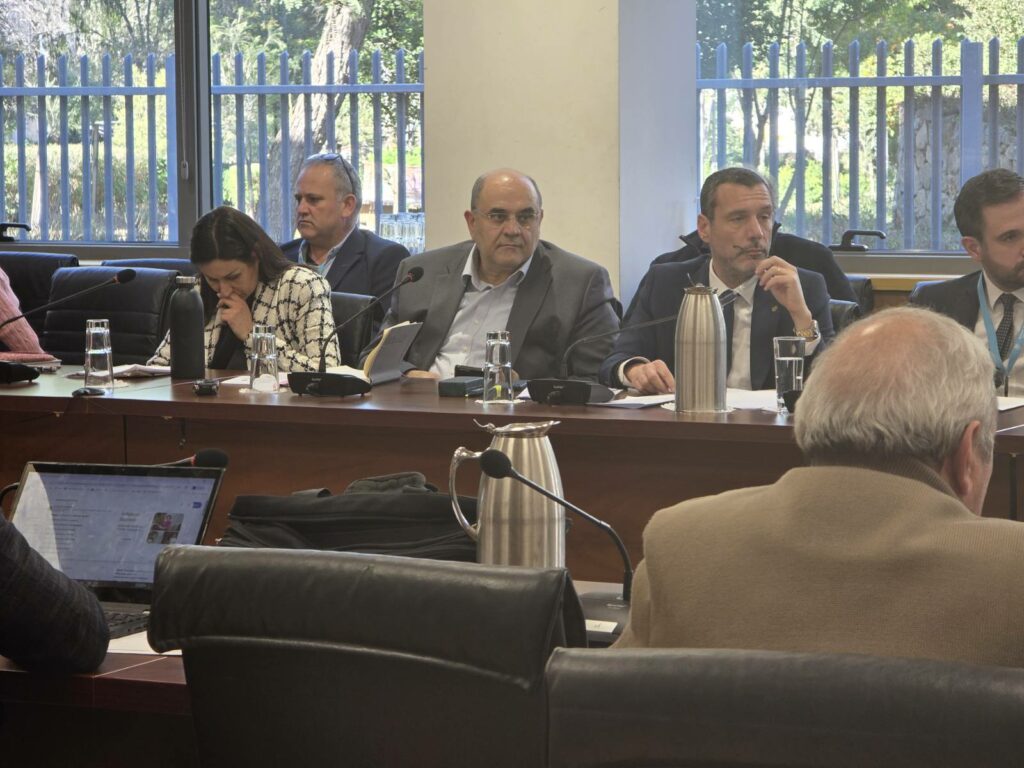In response to growing concerns over the unregulated influx of foreign buyers, legislators have introduced three new proposals designed to restrict the acquisition of real estate by non-nationals. Recent data revealing that 27% of properties and lands have been sold to non-European buyers has spurred lawmakers into action. These measures aim not only to protect the housing rights of lower and middle-income residents but also to preserve national security and economic stability.
Targeting Unbridled Foreign Acquisitions
Two proposals submitted by members of ACEL specifically target the unchecked property market driven by foreign purchases. The legislative changes will amend current laws governing the acquisition of real estate by non-nationals, closing loopholes that have allowed indirect property purchases without prior governmental approval. By broadening the definition of organizations controlled by foreign interests, the proposals extend regulatory oversight to include any entity where ultimate control is vested in a non-national as per existing anti-money laundering statutes.
Follow THE FUTURE on LinkedIn, Facebook, Instagram, X and Telegram
Enhanced Ministerial Oversight And Streamlined Exceptions
The proposals assign the Ministerial Council the responsibility of defining strict parameters, conditions, and criteria for real estate transactions involving foreign parties. Each application submitted will be meticulously examined and decided by the council. Furthermore, an exception is provided whereby approval is not required for natural persons acquiring properties such as an apartment or a house (up to 200 square meters), a retail space of similar size, or an office of up to 300 square meters. These pragmatic amendments underscore the government’s commitment to balancing regulatory control with market pragmatism.
Prevention Of Indirect Ownership And Strategic Asset Limits
In an effort to eliminate potential circumvention, the proposals explicitly prohibit both direct and indirect acquisition of properties through corporate structures or third-party intermediaries. Restrictions also apply to properties located near critical infrastructure, such as ports, airports, beaches, and military installations. These initiatives ensure that national interests take precedence over speculative investment.
Limitations On Multiple Acquisitions By Foreign Nationals
A collaborative proposal by representatives from DISY, DIKO, and DIPA confines foreign nationals to the purchase of only one residence or apartment per parcel of land. Additionally, strict conditions are imposed on legal entities, mandating that at least 51% of the issued share capital, voting rights, or control must belong to citizens of the Republic or other EU/EFTA member states, or to a company established under the jurisdiction of such a state. The acquisition of agricultural or forest lands by foreigners is categorically banned, emphasizing a protective stance over critical domestic resources.
Revamping The Land Registry Procedures
Another proposal from ACEL revises the laws governing the registration and transfer of properties, thereby enhancing the oversight of transactions involving foreign buyers. The director of the Land Registry Department will be barred from processing any real estate transfer or registration that falls under the new restrictive provisions. This change is anticipated to curb indirect property acquisitions through companies, ensuring greater transparency regarding the true ownership of legal entities involved in domestic real estate transactions.
Conclusion
These comprehensive legislative reforms reflect a strategic effort by the government to secure the national real estate market against unbridled foreign investments. By instituting stringent controls and clearly defined exceptions, lawmakers seek to balance the interests of domestic economic security with the realities of a globalized property market.









